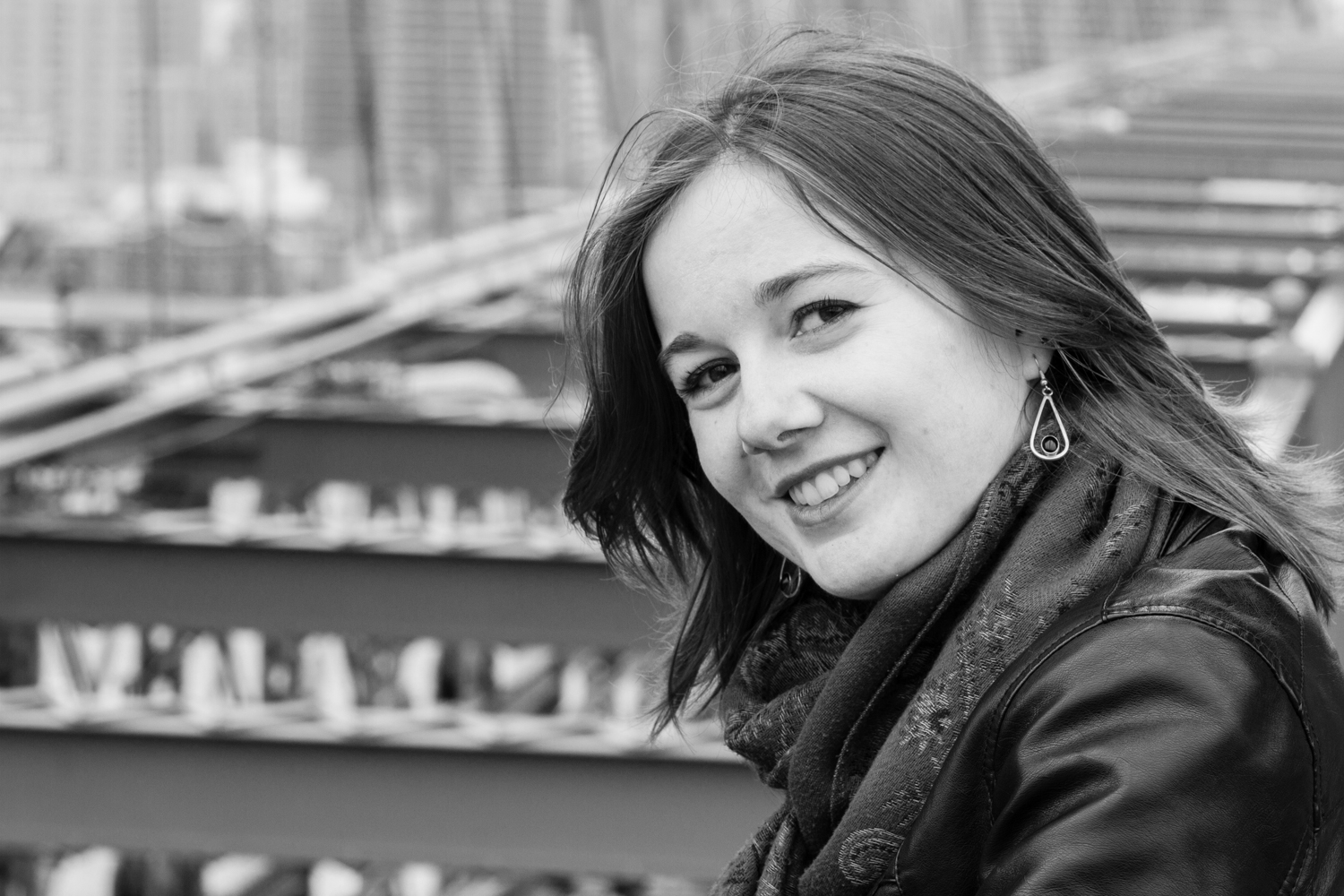ISSN: 1941-4137
POETRY THAT ENACTS THE ARTISTIC AND CREATIVE PURITY OF GLASS
POETRY THAT ENACTS THE ARTISTIC AND CREATIVE PURITY OF GLASS

Erika Luckert is a poet, writer, and educator. Her work has appeared in Denver Quarterly, Indiana Review, CALYX, Room Magazine, Tampa Review, F®iction, Atticus Review, Boston Review, and elsewhere. A graduate of Columbia University’s MFA in Poetry, Erika has taught creative and critical writing at public schools and colleges across New York City. In 2017, she was awarded the 92Y Discovery Poetry Prize. Originally from Edmonton, Canada, Erika is currently a PhD student at the University of Nebraska-Lincoln.
Poets Resist
Edited by Christine Taylor
February 6, 2020
Edited by Christine Taylor
February 6, 2020
Female
after Morgan Parker, after Glenn Ligon, after Zora Neale Hurston
I feel most female when I’m walking home alone at night.
I feel most female when I’m told not to walk alone.
I feel most female
when I carry mace
when I carry a whistle
when I carry a purse
with my own hand
tucked inside, my knuckles
clenching the sharpest
of my keys.
I feel most female in my own home, using power tools
to drill through century-old walls, I feel most female
on a run to the hardware store, when I do not ask for help
when I choose my own diamond-edge bit
sharp enough for any brick.
I feel most female
when I can’t reach the top
shelf, can’t open the salsa,
can’t untwist the coffee pot
and laugh it off—
you have a great laugh
someone will say.
I feel most female on my first date
repeating in my head my mom’s advice
if he touches you somewhere
you don’t like just
hold his hand.
I feel most female
holding a camera
holding a paintbrush
a book, a pen.
I feel most female
when I am in the background
when I am in the foreground
when I am in the studio
like Degas’ dancers, dressed
from bun to pointed toe
in tulle, when my pink
body is thrown into the air
and only the ground
can catch me.
I feel most female at the bar, at the bus stop, sitting, standing
in front of the classroom, in front of a mirror, in line and
waiting to check out at the grocery store.
The most female thing
I ever did, if you ask my niece,
was flip off those two men
who catcalled us walking down the street.
I feel most female
when I follow the rules, when I follow
the leader, play clapping games, jump
rope, line up for gym class, come home
after school. Most female when I read
Hurston, when I read Hegel, when I am
dialectically gendered, canonically
divided into two. When I
come home, when I go
to sleep, when I wake up
and the president
is a rapist and a racist
and fifty-three percent
of women like me
lined up at a ballot booth
and asked for it.
I feel most female when I’m
angry, when I’m sad,
when I’m ashamed of it.
I feel most female when I am the subject.
I feel most female when I am the object.
When I replace the word woman with female
on a student’s paper to make it feel
grammatically correct. When I write
the word perhaps perhaps
because even my language knows
to doubt me.
Forms: femaal femaille femaal femawle
femayll femel ffemale femmall
faemale feymel femill famaal foemal
I feel most female far away
from home, at night
with a single match
lighting a fire
and placing a grill
above the coals.
I feel most female coming home.
I feel most female coming home.
"Female" is a poem written in response to Morgan Parker’s poem, "I feel most colored when I am thrown against a sharp white background," which she wrote in response to a painting by Glenn Ligon, which was created in response to an essay by Zora Neale Hurston.
Poets Resist is published by Glass Poetry Press.
All contents © the author.
All contents © the author.





